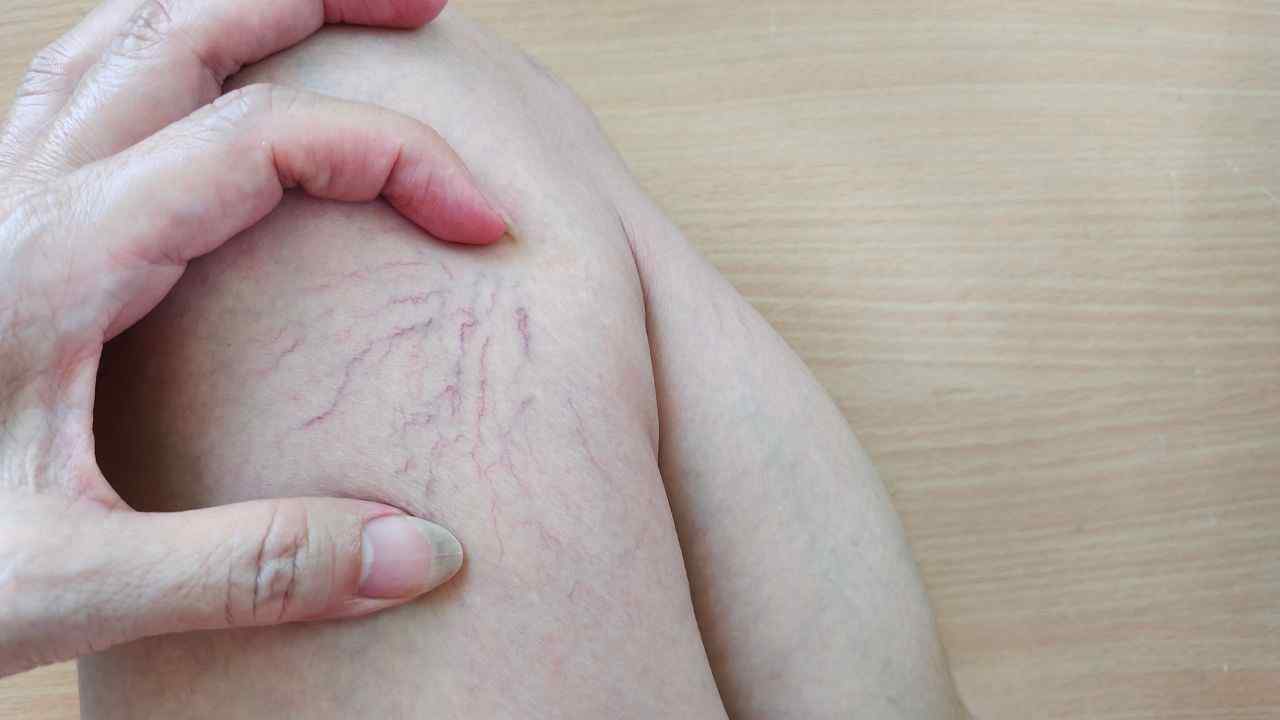Recent Blogs
- Causes and Treatment of Bulging Veins
- Are Your Shoes Causing Varicose Veins?
- How Varithena works?
- Bulging Veins (Varicose Veins)- A part of Pregnancy
- The Link Between Obesity and Varicose Veins Explained
- Some Treatment Options for Saphenous Veins
- 8 ways to motivate yourself to walk
- 11 Common Risk Factors for Venous Insufficiency
- Varithena – FDA-Approved Varicose Vein Treatment
- Free Health Screenings Are Quick and Simple
Published on: 27-Dec-2023

Did you know how blood circulates in your body? It is the vascular system that transports blood to all parts of the body. Veins are an essential part of this circulatory system.
Problems in veins can occur at any time. Commonly, a blood clot or a vein defect is the cause behind them.
Today, we will discuss the difference between superficial and deep veins as well as the vein diseases associated with them.
What are Deep Veins?
Location
As
the name suggests, they are located deep inside the body. These veins run below
the muscles of the thigh and calf. They are present beside an artery of the
same name.
Deep veins are divided into seven categories, all present in the body's lower extremities.
Role
Deep veins play a central role in the circulatory system. Compared to superficial veins, they are large in size and are responsible for carrying a major part of the blood (around 90%).
They receive blood from the superficial veins and transfer it to the heart. These veins contain a one-way valve for the flow of blood.
Common Deep Vein Diseases
Some critical medical conditions can originate from the deep veins, such as:
Deep vein thrombosis (DVT)
It occurs due to blood clotting and can become life-threatening if the clot breaks. Usually, DVT occurs in the legs, but it can occur in other deep veins, too.
Chronic venous insufficiency (CVI)
It occurs when the vein cannot return blood to the heart due to the improper functioning of the valve. DVT is one of the most common causes of CVI. This condition results in swelling and discomfort.
What are Superficial Veins?
Location
These veins are located close to the skin's surface. You can often notice them while lifting weights or during intense training sessions.
Role
They
transport blood from the tissues that are close to the skin's surface to the
deep veins.
Common Superficial Vein Diseases
Superficial vein thrombosis
Like deep vein thrombosis, superficial vein thrombosis is the presence of a blood clot in the superficial veins. However, superficial veins do not have surrounding muscles that can squeeze the clot. This is why these veins can rarely break a clot.
Venous reflux
In this condition, blood flows backward instead of upward (towards the heart). This condition develops when the valve of the vein is not closed properly.
Varicose veins
These are the swollen and enlarged veins that usually occur on the legs. Due to improper functioning of the valves, blood pools in the veins, causing varicose veins.
Thankfully,
due to medical advancements, successful treatment of the above conditions is
present. Comprehensive Vein Care clinic offers
numerous modern-day techniques for treating vein diseases. Book your
appointment today!